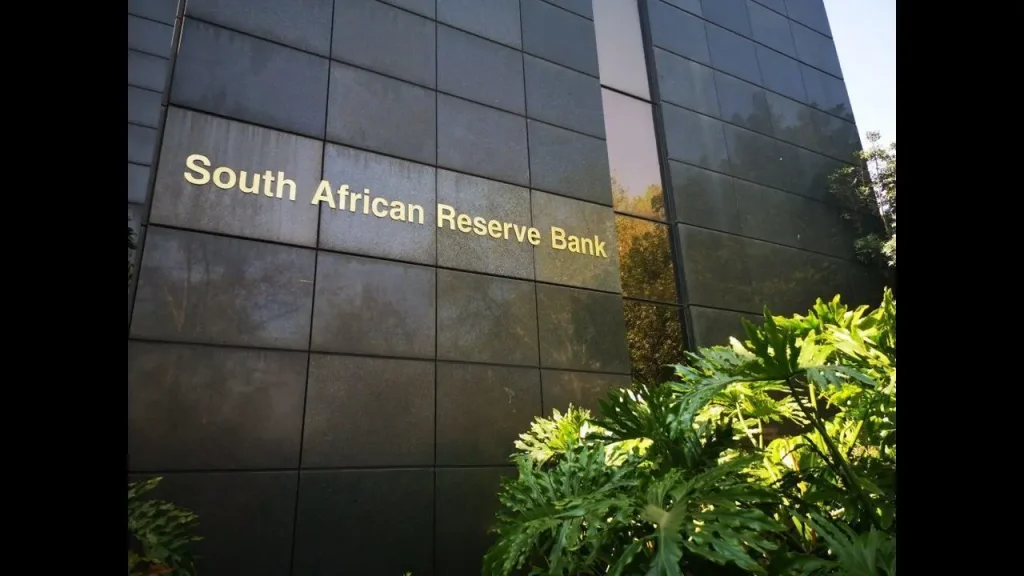- SARB assesses climate-related transition risks in Southern African banks to strengthen financial resilience.
- The central bank innovates policies while supporting sustainable economic growth.
SARB and climate risk oversight
The South African Reserve Bank (SARB) has intensified its focus on climate-related transition risks affecting the banking sector. These risks arise as economies shift toward low-carbon policies and technologies, potentially affecting bank asset valuations and credit exposures. SARB’s recent working paper highlights the importance of integrating climate risk into supervisory practices, signalling a proactive approach to safeguard financial stability. The bank emphasises scenario analysis and stress testing to evaluate vulnerabilities, ensuring that institutions can withstand both sudden regulatory shifts and market adjustments.
South African banks face complex challenges, including exposure to high-carbon sectors, limited data on climate risk, and evolving international regulatory expectations. SARB’s guidance aims to mitigate these risks through comprehensive scenario-based modelling and engagement with banks to strengthen internal risk management frameworks. By aligning local practices with global standards, the central bank supports resilience while promoting sustainable investment strategies. Analysts note that SARB’s leadership is critical in preparing the financial sector for a transition that balances economic growth with environmental responsibility.
Also read: Access Bank Cameroon: Expanding financial access
Also read: SoftBank 5G network upgrade in new Ericsson deal
SARB innovation and policy direction
Beyond climate risk management, SARB continues to modernise South Africa’s monetary framework. Recent initiatives include enhancing digital payment systems, refining regulatory oversight, and deploying tools to ensure liquidity in turbulent markets. The central bank also encourages banks to develop green finance products, bridging the gap between climate imperatives and market growth. These innovations reflect SARB’s dual mandate: maintaining price stability and supporting a sound, inclusive financial system.
Experts underscore SARB’s role as a stabilising force in a rapidly evolving economic landscape. Its work on climate-related financial risks complements broader initiatives to strengthen banking regulation and foster sustainable lending. By prioritising both innovation and resilience, SARB positions South Africa’s financial sector to navigate the challenges of climate transition while seizing opportunities for sustainable economic development. The bank’s ongoing research and policy engagement underline its commitment to shaping a forward-looking, robust banking environment.

